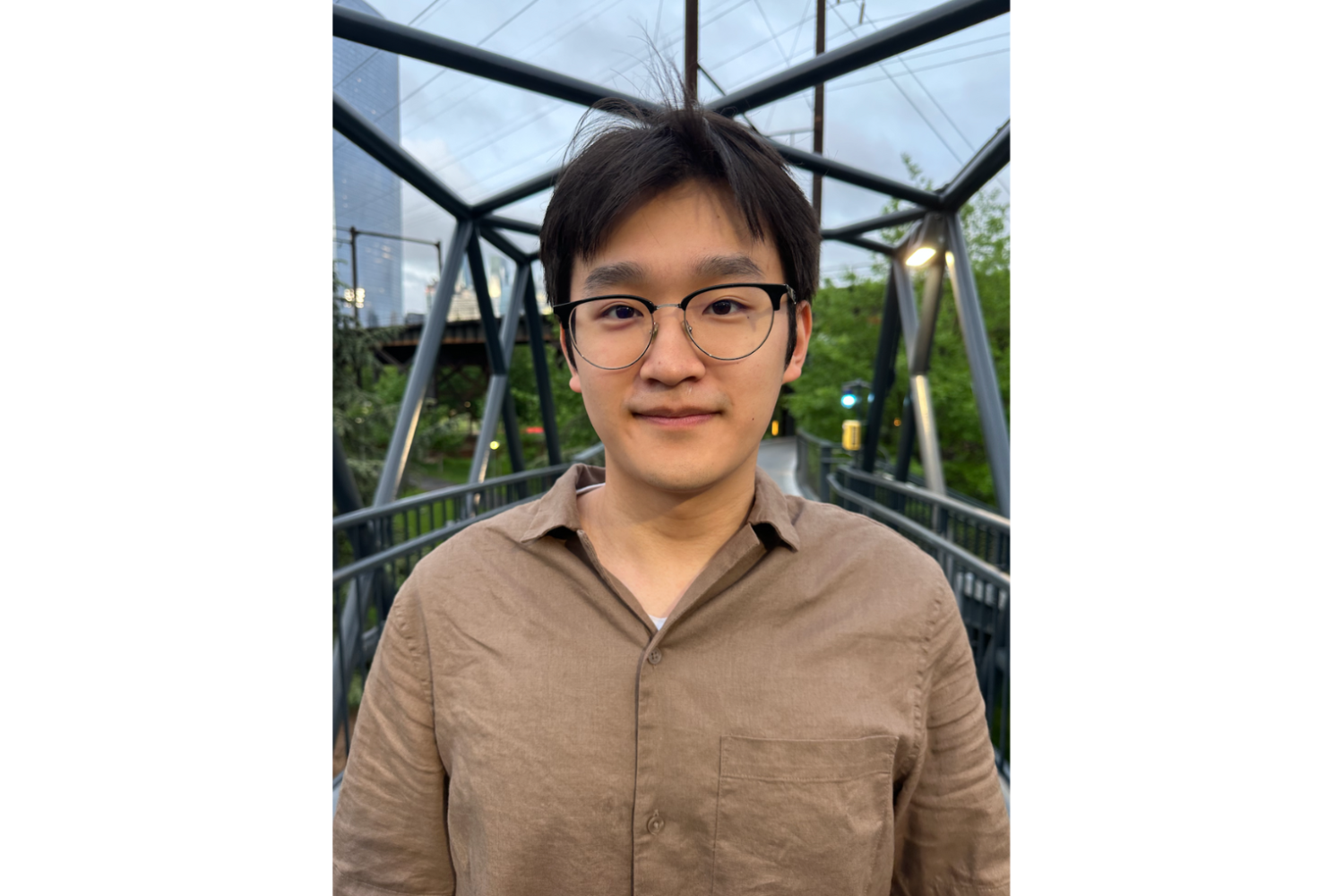Samuel Dago Fernandez ('28), a Neuroscience major, conducted research with Dr. Joe Cichon (Department of Anesthesiology and Critical Care) on the impact of psychedelics on chronic pain. This research was supported by the Penn Undergraduate Research Mentoring Program.
This past summer, I worked in a translational research lab assessing whether psychedelics are a viable option for treating chronic pain. As a Neuroscience major on the pre-med track at Penn, I've always been fascinated by understanding the mind. Additionally, I have family members who struggle with neuropathies (disorders of the peripheral nervous system), providing a personal motivation for studying them. As a result, finding the Cichon lab, with its focus on helping patients with pain-related neuropathies, was a perfect opportunity for me to pursue my interests. This summer, I focused on mice behavior studies, learning protocols for pre- and post-treatments while using Prism and R programs for graphing and statistics. The biggest takeaway was understanding that great science takes time and energy. I have fostered an appreciation for patience that will be valuable beyond this summer.
I also learned that animal behavior is unpredictable. Despite implementing standardized protocols for behavioral testing, the results varied. No two mice acted the same. I learned to focus on and assess each mouse as an individual in order to make sense of trends across time. Science isn't straightforward. Science is messy. I learned how to reassess things when they didn't go to plan, and I've come out of this experience with new methods of problem-solving for all future endeavors.
The most rewarding part of this experience was the connections I made with people along the way. James, my mentor and a PhD candidate at Penn, made the lab a welcoming place for me. He and I conversed about our weekends, vacations, and mutual interest in musical theatre. He never dismissed any of my questions and led me through any hurdles I faced with encouragement and kindness. Whether we were troubleshooting experimental failures together or finding meaning behind seemingly disconnected results, James approached every interaction with empathy, compassion, and genuine care for my success. In addition, four other undergraduates comprised my section of the lab. We quickly formed a fun and supportive network where we discussed results and summer plans. This continued off-campus as we made more connections with other Penn faculty/staff/PURM organizers and researchers from other labs. I also appreciated the exposure to research in other fields and delighted in the collaborative student community that strove to ensure early researchers like me would succeed.
Interested in reading more first-hand accounts about undergraduate research? Check out the other experiences featured on our Student News Page and Social Media!
Related Articles
A Behind-the-Scenes View of Penn's Art
Nina Mayers ('28), a History of Art major, was an intern for the Penn Art Collection. The University of Pennsylvania Art Collection contains more than 8,000 art objects, which have significant aesthetic, historical, and market value. This internship was supported by the Summer Humanities Internship Program.